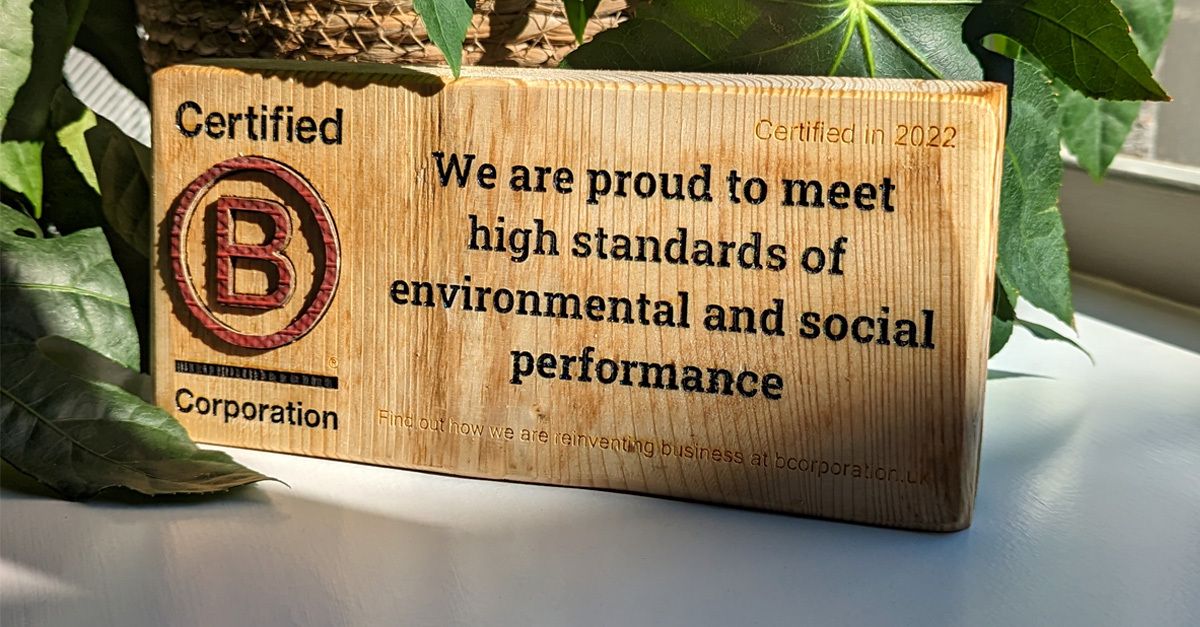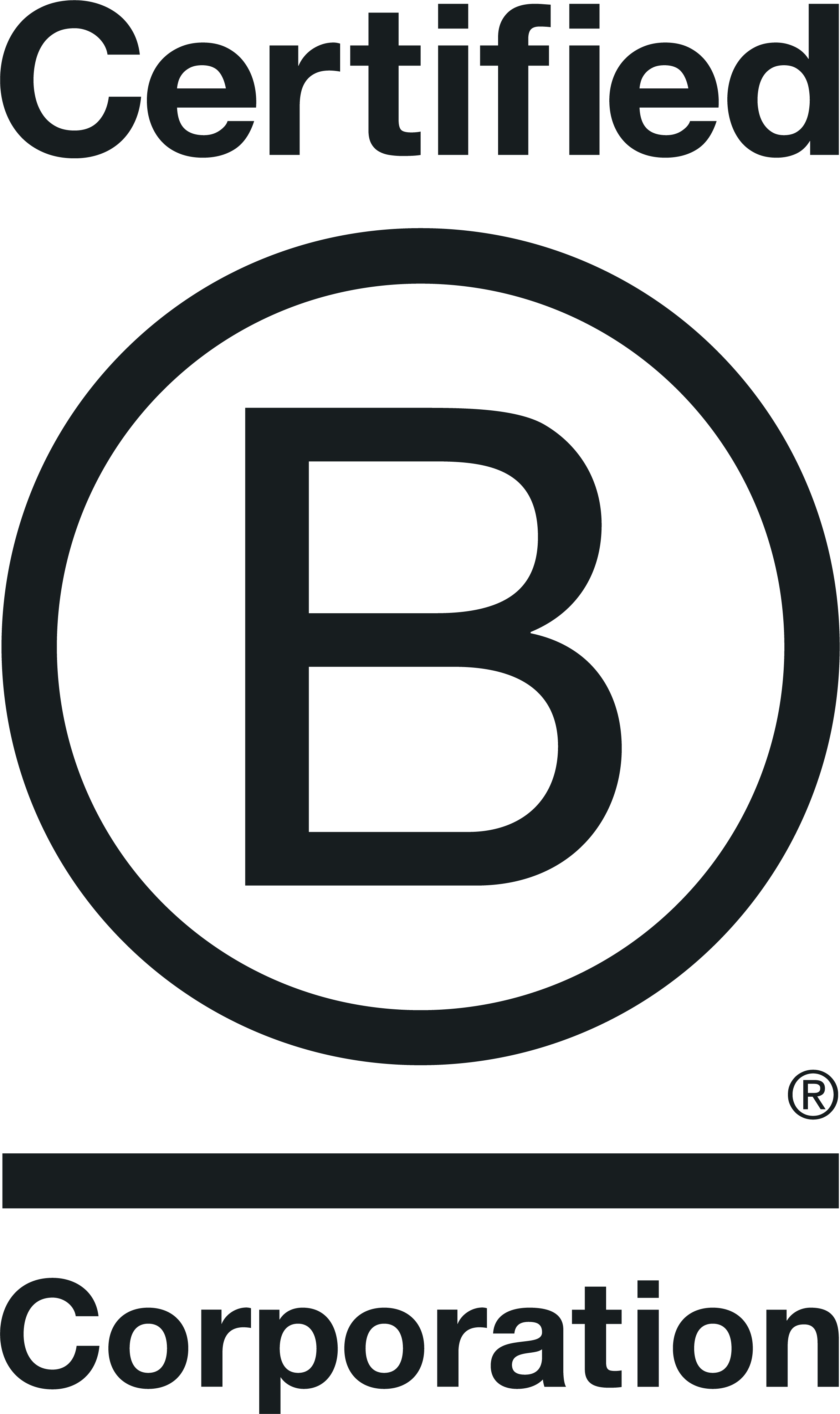Read what our Managing Director, Rachel Cook, had to say about the death of the rebrand brief, in her recent piece for Brand Journal:
Here’s a sweeping generalisation that’s wide open for criticism: if a brand has grown to become a reasonable size then it’s safe to assume that they’re doing something right in terms of their product/service, and usually they’ve spent time building their brand, too, visually and reputationally. In fact, I’d say it’s pretty rare for an established brand to be successful despite looking terrible; ‘half-decent’ branding is the bare minimum for commercial results.
If you’re casting around for exceptions to this rule, you might stop on brands whose visual identity keeps it a little retro or basic, serving a ‘we don’t care that much, honest’ attitude. Often that’s a brand decision in itself, used to convey affordability, provenance or heritage. Other times, it’s because they’re a bit slow at getting on with it. The point is, as we see brands mould quicker than ever into what they want to be, thanks to the democratisation of technology and levelling up of brand quality, the need for a rebrand (and by that I mean, razing the brand to the ground and rebuilding it entirely) is diminishing. But the desire for fine-tuning of brands, brand redefinition and reputational management that ensures the brand morphs with the times – is growing. It’s time to say goodbye to the rebrand brief and hello to brand redefinition.
The death of rebranding
This shift has been subtle and slow. A general movement in the briefs we receive, which increasingly are peppered with words like ‘redefinition’, ‘refresh’, ‘repositioning’ and ‘tweaks’. Often included are (somewhat passive-aggressive) threats about most definitely not touching the logo and the name, no matter how terrible it might be.
Brand owners have often done so much work on establishing their brand that they’re nervous about risking poor reception and decreased brand recall. Often, the cost of roll-out is a factor too, usually with Boards decreeing that the logo must not change, to avoid having to update their livery or estate branding for some time (debatable if that’s true).
Instead, what brands believe that they need with is help defining (or redefining) what they stand for, shaping up that market position to support growth, and/or to change brand/consumer sentiment, either due to zeitgeist, reputational damage, new competitors or new strategy. Visual identity is often last on that list.
Get confident with a redefinition
As with those Boards mentioned above, the decision of whether or not to redefine your brand is often made by practical factors like the rolling-out process and how many physical assets – like fleet – will need changing. It’d be easy to dismiss this as overly pragmatic or even cheap, but that’s to overlook the sense that underpins it. Because brand isn’t about tarting up your logo a bit. A logo is just a shorthand for your reputation. A reminder of everything that customers, patients, users already know about your brand from their experience of your product, customers, advocates and detractors. So when it comes to growth, your smartest tactic is to first look at that reputational brand, to make sure it’s what the world needs, and then consider whether your logo needs to change to signal a shift – and know that it might just be fine the way it is.
That said, holding onto brand elements that aren’t fit for purpose may make immediate economic sense, but it might ultimately be holding back the kind of performance you really want long-term. If you’re stagnating and really want growth, working alongside a brand specialist to redefine your brand position can help you find a way to transition in a practical, affordable way.
Fashion label Diesel illustrates the trope of if it ain’t broke, don’t try to fix it, when it comes to branding. In the 00s the brand was in its heyday, but hadn’t had a retouch in a long time. The past couple of years has seen the iconic brand make its way back into the mainstream thanks to fashion designer Glenn Martens elevating the brand strategy through brand collaborations and steps into the metaverse. As opposed to a wholesale visual identity overhaul, the fashion house focussed on the iconic D in Diesel, launching a new logo ‘The Big D’ to position itself as a premium lifestyle denim brand. OTB, Diesel’s parent company, saw a growth of 18%, returning to pre-pandemic levels, due in part to the new associations consumers have with their brand – and very little of it to do with their visual identity.
Who needs a rebrand anyway?
Deciding the way forward isn’t easy, but there are experts to lead brand owners through this process of course, and plenty of evidence to guide decisions, and facilitate managed change. Brand owners often overestimate their customers’ brand recall and attachment to current branding, and underestimate customers’ ability and willingness to flex to tweaked and refined branding. Unprompted brand recognition of isolated brand elements is the absolute aspiration, but have you ever seen it in reality? Ask someone to draw a few car logos and see how close they get. Even the world’s biggest brands struggle with perfect customer recall. Brand experts like us count on and even leverage that to help with brand evolution for even the most widely known brands.
It’s easy to mourn the chance to revamp a whole visual identity – there’s something infinitely sexier about that kind of before/after case study, for one, and it’s much more fun to tell your mum about. It’s our view though that the new brand brief should be the one we’re all chasing. It demands more creativity, stretches muscles you didn’t know you had, and gives you a chance to go deeper than ever before into a client’s business, via Employer Brands or DEI Brands, sub-brands and messaging frameworks. And if the awards don’t recognise your input, you can bet the shareholders will.




